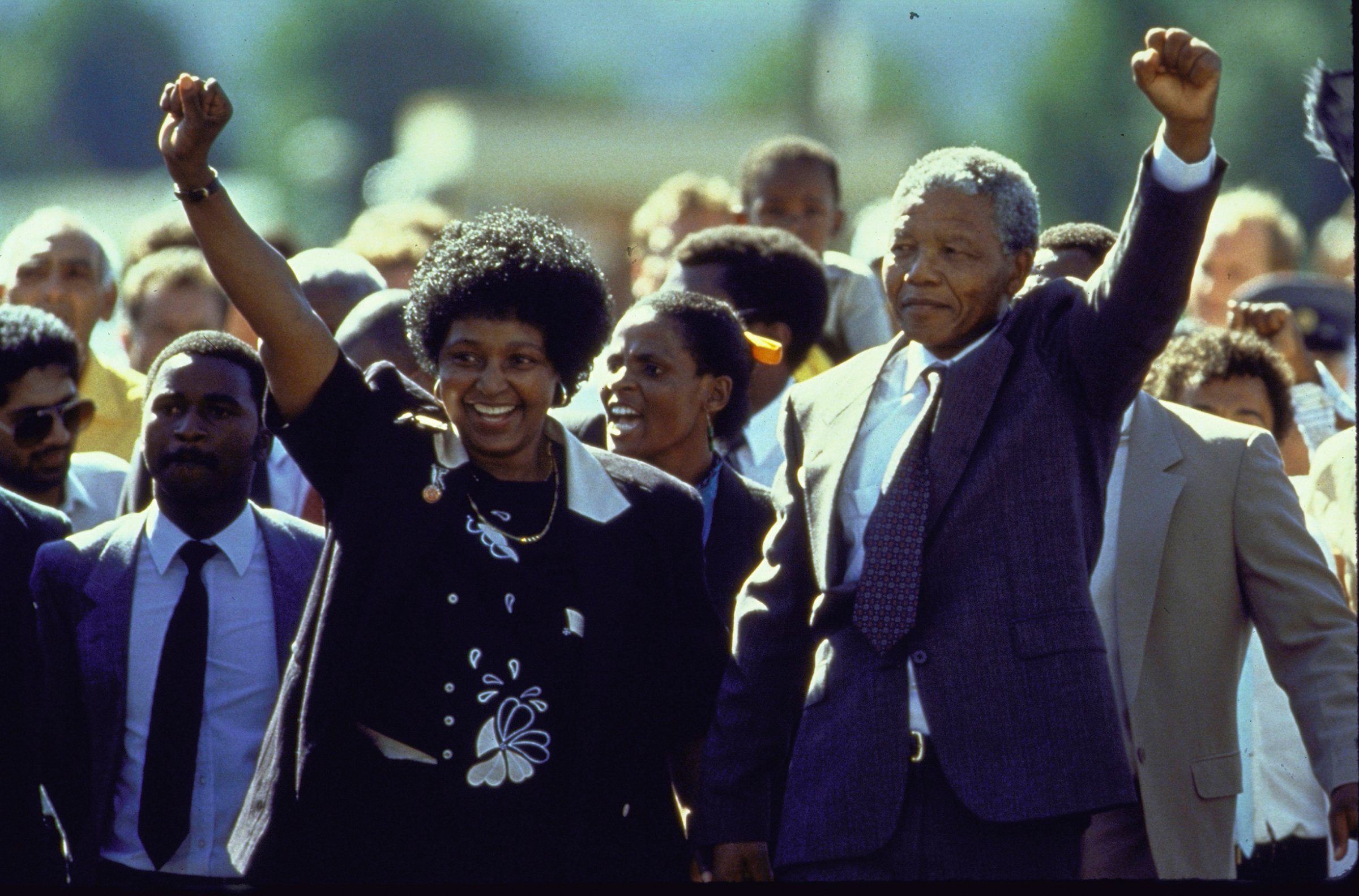
The history of the anti-apartheid struggle cannot be written without the name of Winnie Madikizela-Mandela, who died on April 2 at 81. When Nelson Mandela was sent to prison at Robben Island, his young wife, left with two little children and no financial support, did not allow his sentence to dampen her spirit for the work–work in which she too was involved, as the 1956 women’s march to Pretoria shows. She turned her anger into activity. She became the go-to person for sympathetic international entities. She suffered arrest and detention, torture and banishment. Defiant, she continued fighting.
When lives are examined in hindsight, we often forget the setting. Winnie did not live in a vacuum but in apartheid South Africa. She suffered the double bind of race and gender. The first pitted her against white superiority, while the latter made her inferior in the eyes of men of all races.
At times, she was at odds with the movement too. At the end of apartheid, she was called to appear before South Africa’s Truth and Reconciliation Commission, where she said she was “deeply sorry” and admitted that “things went horribly wrong” under her leadership during a violent period for the liberation struggle. But accounts of what went on show that “things went horribly wrong” in many instances for which no one was forced to face accusations.
Let us not forget: had there been no apartheid, she would have lived a very different life. But there was apartheid, and she chose to fight for liberation.
Magona is an award-winning South African writer and a former employee of the United Nations. She spent a decade working for the U.N.’s antiapartheid radio programs.
More Must-Reads from TIME
- Cybersecurity Experts Are Sounding the Alarm on DOGE
- Meet the 2025 Women of the Year
- The Harsh Truth About Disability Inclusion
- Why Do More Young Adults Have Cancer?
- Colman Domingo Leads With Radical Love
- How to Get Better at Doing Things Alone
- Michelle Zauner Stares Down the Darkness
Contact us at letters@time.com